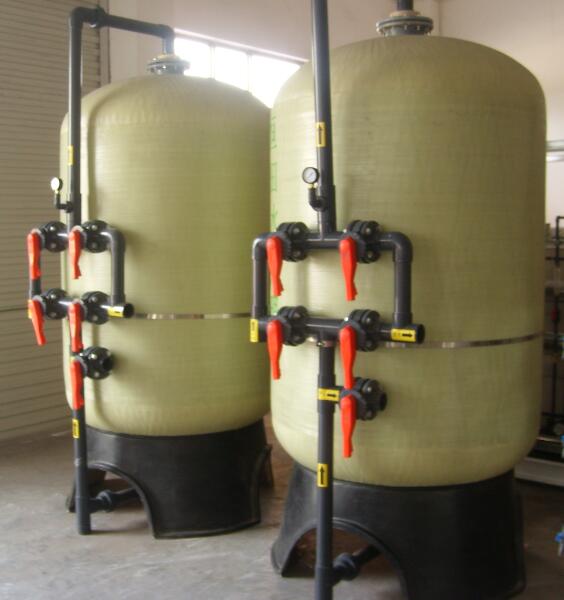
Wechat/Whatsapp:
+8613798883773

Wechat/Whatsapp:
+8613798883773
HYWATER Water softener


How much do you know about water softening treatment We usually express the content of calcium and magnesium ions in water with the index of "hardness". A degree of hardness is equivalent to 10 mg of calcium oxide per liter of water., and water below 8 degrees is called soft water. Several methods of water softening treatment: 1. Ion exchange method a) Principle: Use specific cation exchange resin to replace the calcium and magnesium ions in the water with sodium ions. b) Features: Stable and accurate, and the technology is mature, thus the hardness of water can be reduced to 0. c) Application scope: Food, chemical and pharmaceutical, etc., the most commonly used. 2. Electromagnetic method a) Principle: Add a certain electric or magnetic field to the water to change the characteristics of the ions, thereby changing the deposition rate of calcium carbonate (magnesium carbonate) and the physical characteristics of the deposition to prevent the formation of hard scale. b) Features: lower cost, easy installation, but the effect is not stable enough c) Application range: It is mostly used in the treatment of commercial (such as central air-conditioning, etc.) circulating cooling water, and cannot be used in industrial production and boiler make-up water treatment 3. Membrane separation a) Principle: Both nanofiltration membrane (NF) and reverse osmosis membrane (RO) can intercept calcium and magnesium ions in water, thereby radically reducing water hardness b) Features: The effect is obvious and stable, the water after treatment has a wide range of applications, and the cost is high c) Application range: generally less used for special softening treatment The benefits of water softening treatment: 1. Save a lot of fuel. When the boiler has scale, the boiler with a working pressure of 1.4MPa will waste 8% of the fuel for every 1 mm of scale. 2. Improve thermal efficiency and reduce output. When the boiler evaporating surface is scaled, the heat on the fire side cannot be quickly transferred to the water side, which will reduce the output of the boiler and reduce the boiler evaporating capacity by one third. 3. The amount of maintenance for soft boilers. It will be very difficult to remove the scale after it has formed. In particular, the leakage, deformation and corrosion of the boiler caused by the scale will not only damage the boiler, but also require a lot of manpower and resources to repair 4. Reduce safety hazards, boiler accidents caused by scale, accounting for more than 20% of the total number of boiler accidents, not only causing equipment losses, but also threatening personal safety More inquiries related to water softening treatment please contact: Mob& Wechat& WhatsApp: (+86)13544774483 Email: sales010@water-sy.com We will provide high-quality, all-round comprehensive professional services for project consulting, system design, manufacturing, installation and commissioning, personnel training, etc
